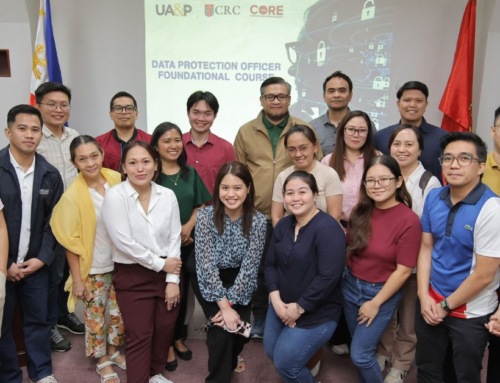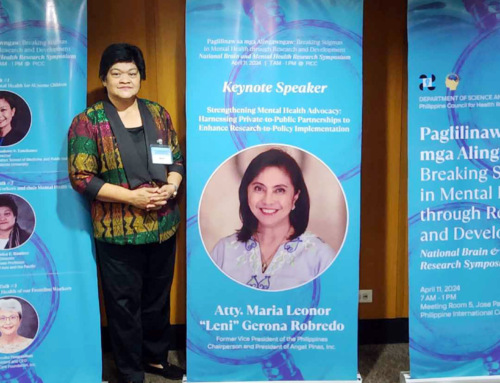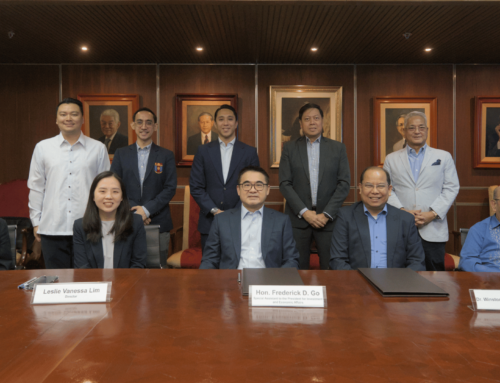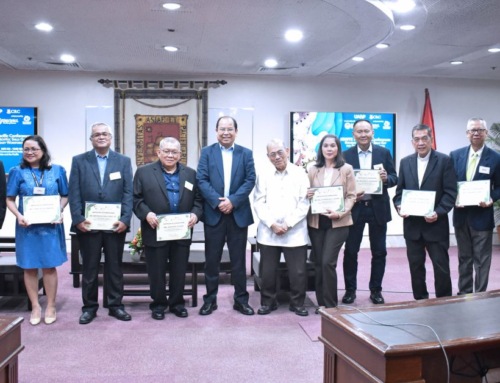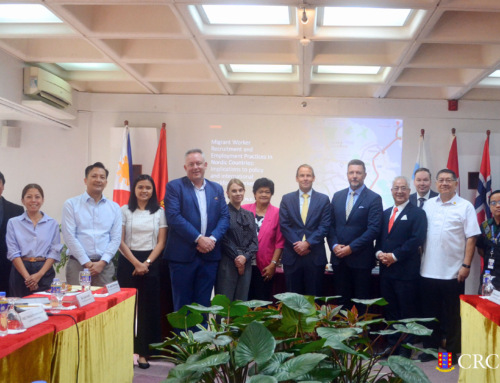For many Filipinos, imagining the Philippines as a first world country may be a far-fetched dream; but is it? In his newest book, entitled, “The Philippine Economy Towards First World Status,” Dr. Bernardo M. Villegas provides a lengthy discussion on why the country is geared towards becoming a first world country between the years 2040 to 2050.
It’s not to say that the road towards being considered one will be easy. It will most definitely be filled with ups and downs, highs and lows, especially with issues that the government and the citizens themselves must address if we were to reach this milestone. Therefore, to allow his readers to picture such a future, Dr. Villegas begins by highlighting topics such as “the principles of distributive justice and equity in the distribution of income and wealth, the preferential option for the poor, the limits of the free market economy, the duties of the State to address the imperfections of liberal capitalism, the priority of labor over capital,” etc.
He then proceeds to give a thorough discussion of the first three Industrial Revolutions and what we now call as the Industrial Revolution 4.0. There, he talks about the Philippines’ failures and successes within the last thirty years in terms of its economic performance. One must remember that it is during this time when the country has been dubbed as ‘the sick man of Asia,’ which was brought about by the “failed economic policies of inward-looking, import- substitution industrialization that spawned a host of industries that remained ‘infants’ forever; an almost criminal neglect of agricultural and rural development by the State; poor governance, the rampant corruption, the ‘Filipino First’ mentality,” and the like.
Following this, an in-depth look at the country’s economy during the pandemic is provided where he likens it to our experience during “the East Asian financial crisis of 1997 to 2000 and the Great Recession of 2008 to 2012” as being “among the least adversely affected in the Indo-Pacific region.” Even the World Bank forecasted the Philippines’ GDP to be “the fastest growing in Southeast Asia.” But these are not empty presumptions. Dr. Villegas points out one of the reasons is our advantage of having a “young and growing population” which entices various countries, industries and investors because of their need for human resources.
Continuing the discussion, the prominent economist lays down proposals from various sectors on ways to properly transition from the previous administration to the current one. This will prove to be pivotal in ensuring that the country’s rising debt is properly managed which will in turn affect other struggles such as poverty, unemployment and others. Some key points in this chapter include the value of the CREATE law which can help alleviate our revenues and provide funds for different fields like education and health. In addition, Dr. Villegas suggests utilizing the amended Public Service Act which now allows Foreign Direct Investors or FDIs to own 100% of infrastructures including airports, railroads or subways, skyways and more. Doing so can prepare us to continue the ‘Build, Build, Build’ program which has been a great contributor to the Philippines’ GDP.
Finally, the book concludes with Dr. Villegas’ proposed plan on how the country can reach first world status within 20 years. Here, his strategy centers on the idea that “the ultimate resource of any economy is the human resource.” He gives profound emphasis on raising the quality of education which is very much needed in improving the Filipinos’ skills especially those that are essential to industries such as the IT-BPO and film – both of which offer high-value services.
———————————————————–———————————————————–
The Center for Research Communication (CRC) is the research and consultancy link to Philippine business opportunities, uniquely poised to help you with business feasibility evaluation, demand and supply analysis, partnership development, project impact evaluation, value chain analysis, customized solutions for design thinking, data analytics and insights generation, and development of business strategies, and consultancy services for investors in Philippine market.
To find out more about CRC, send an email to [email protected], or follow us on LinkedIn. You can also find us on Facebook.

